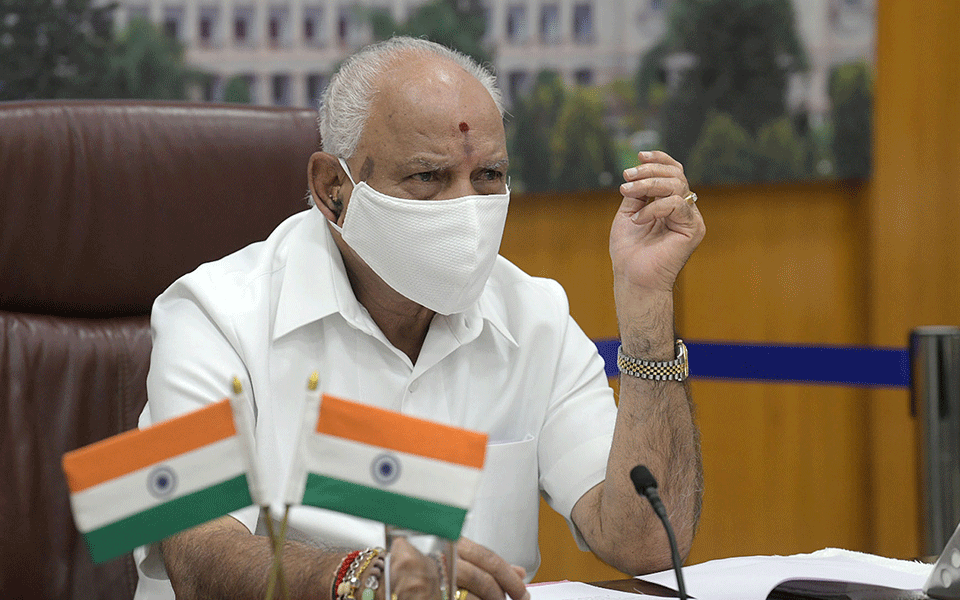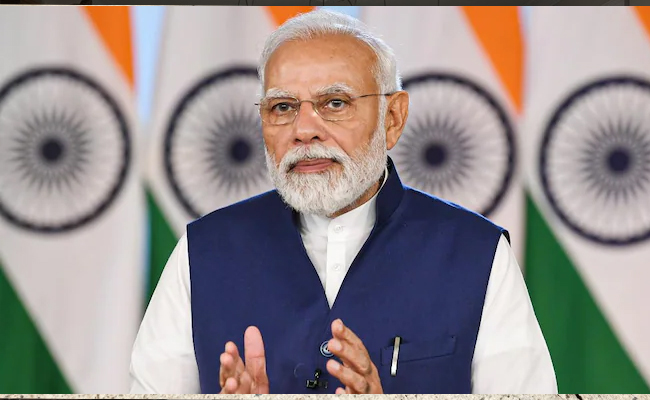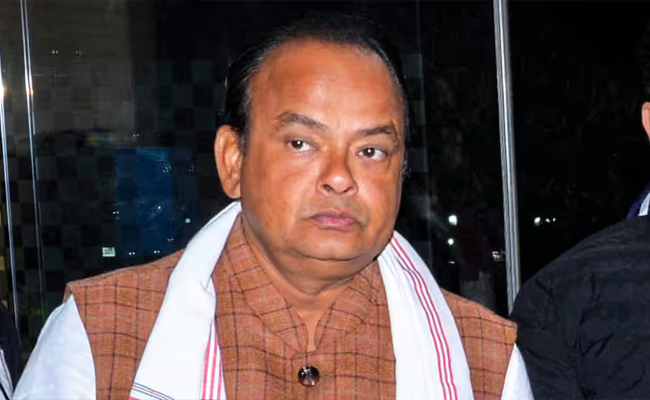Bengaluru: Chief Minister B. S Yediyurappa tweeted that the Education Minister S. Suresh Kumar had announced the dates for the SSLC examination after discussing with him.
There have been reports of disagreement between Health Minister Dr. K. Sudhakar and Education Minister Suresh Kumar with regards to the decisions around SSLC examinations. Reportedly, Dr. Sudhakar expressed his dissatisfaction that prior to taking decisions on setting dates for the exams, no discussions were sought with the Health Department.
Tweeting in the wake of these developments, Chief Minister clarified that after conducting comprehensive discussions, the decision was taken keeping in mind the welfare of the students and that was not a unilateral decision. It is unnecessary to create confusion around this, the Chief Minister said.
Let the Truth be known. If you read VB and like VB, please be a VB Supporter and Help us deliver the Truth to one and all.
Ullal: The body of a 51-year-old physical education teacher was found in a well at his residence in Kondana, under the limits of Kotekar town, on Friday evening.
The deceased has been identified as Prabhakar Jogi, who was serving as a physical education teacher at the Government School in Kallarakodi, Naringana village. Police suspect that he may have died by suicide, allegedly due to health-related issues.
According to police, Prabhakar had dropped his daughter at Uchila School earlier in the day for the school anniversary programme and returned home.
He was later preparing to attend the same event along with his wife and son, when he suddenly went missing. A search was launched by family members, following which his body was found in the well located at his house.
ALSO READ: Delhi: Married man stabs lover after fight over forced abortion, arrested
Police said that Prabhakar Jogi was reportedly suffering from a neurological disorder. He had served in several schools across Ullal taluk and was actively involved in organisations of physical education teachers.
Ullal police visited the spot, conducted an inspection and sent the body for post-mortem examination.
In his complaint to the police, Prabhakar’s son, Sai Tejas, stated that his father had jumped into the well and that there was no suspicion surrounding the death.
Based on the complaint, a case has been registered and further investigation is underway.





